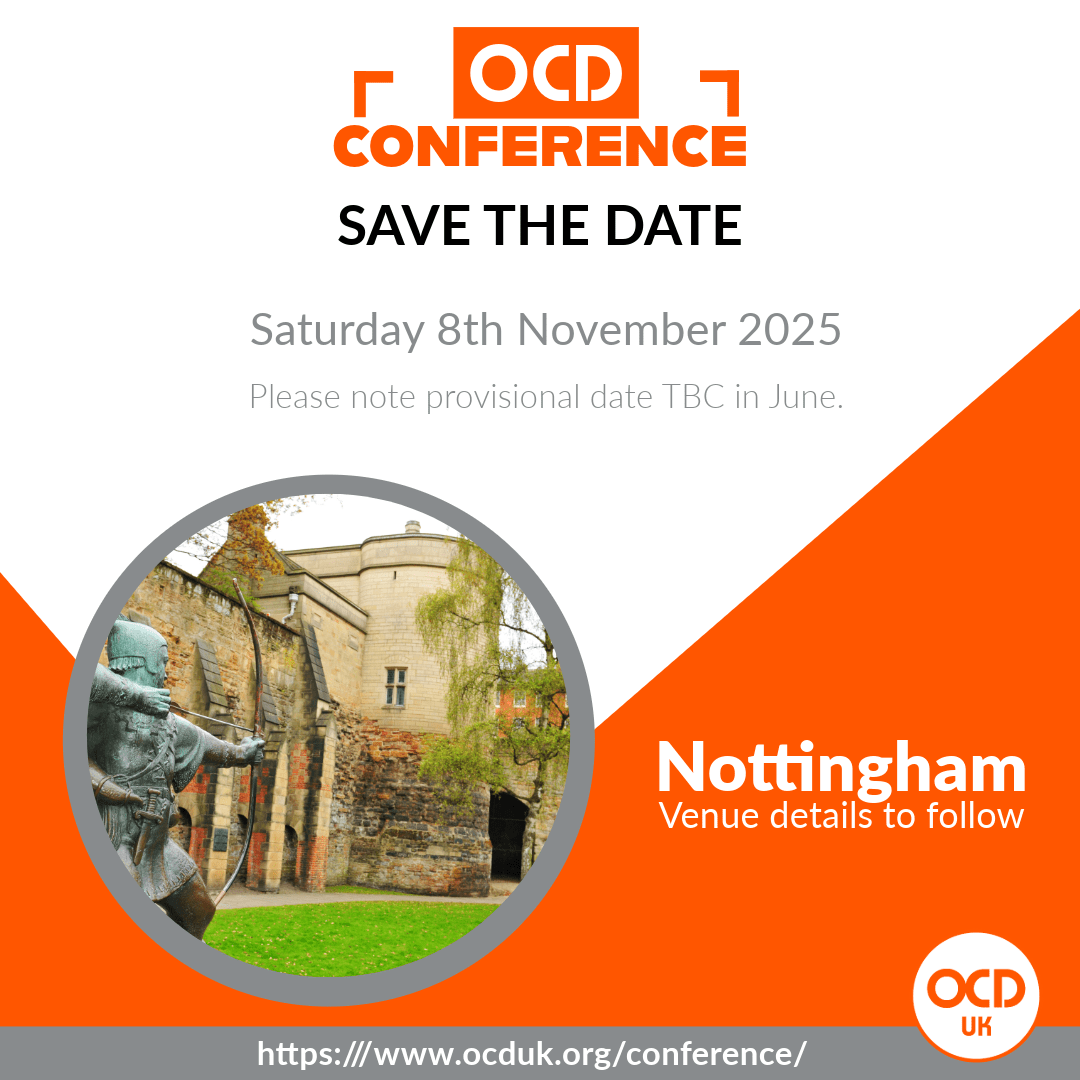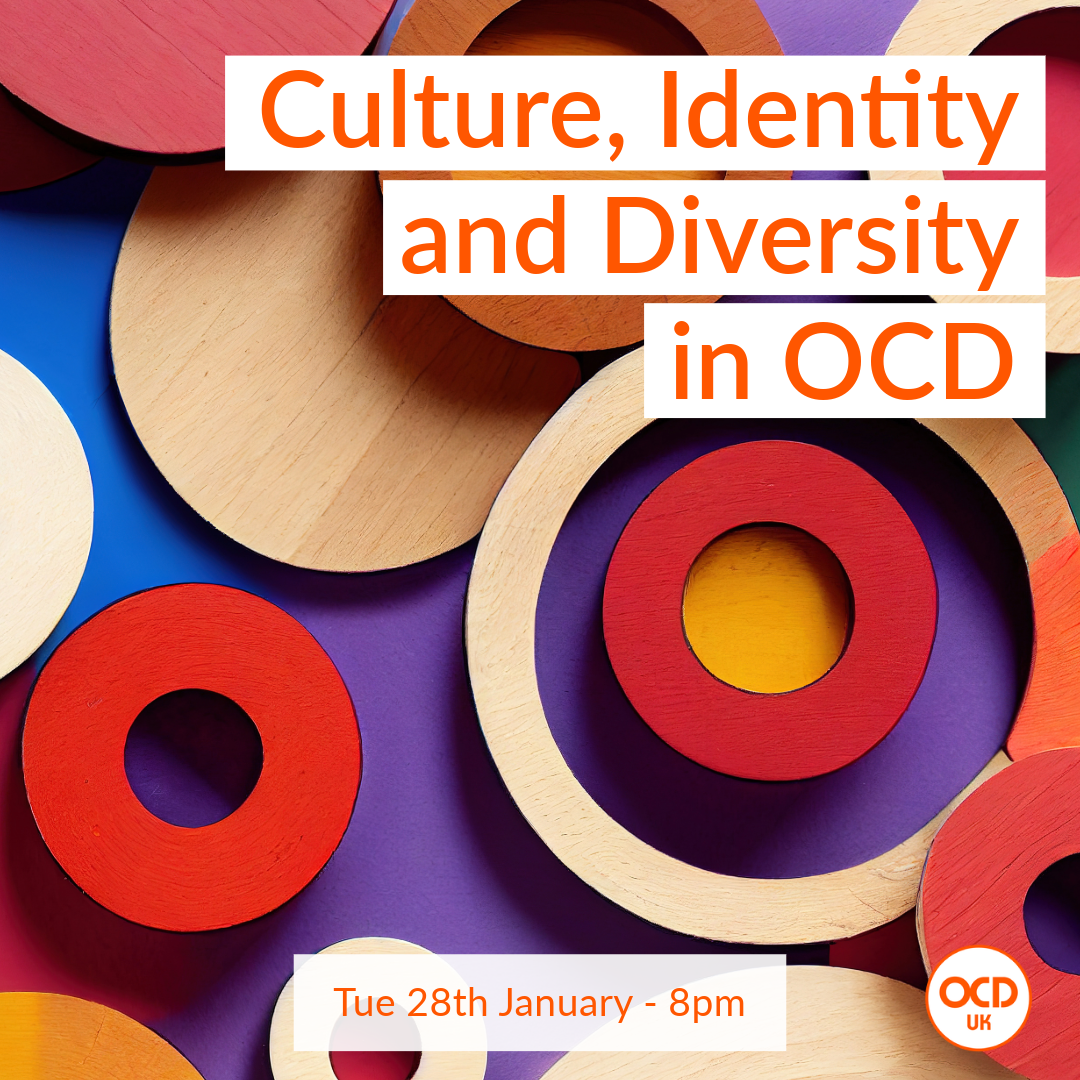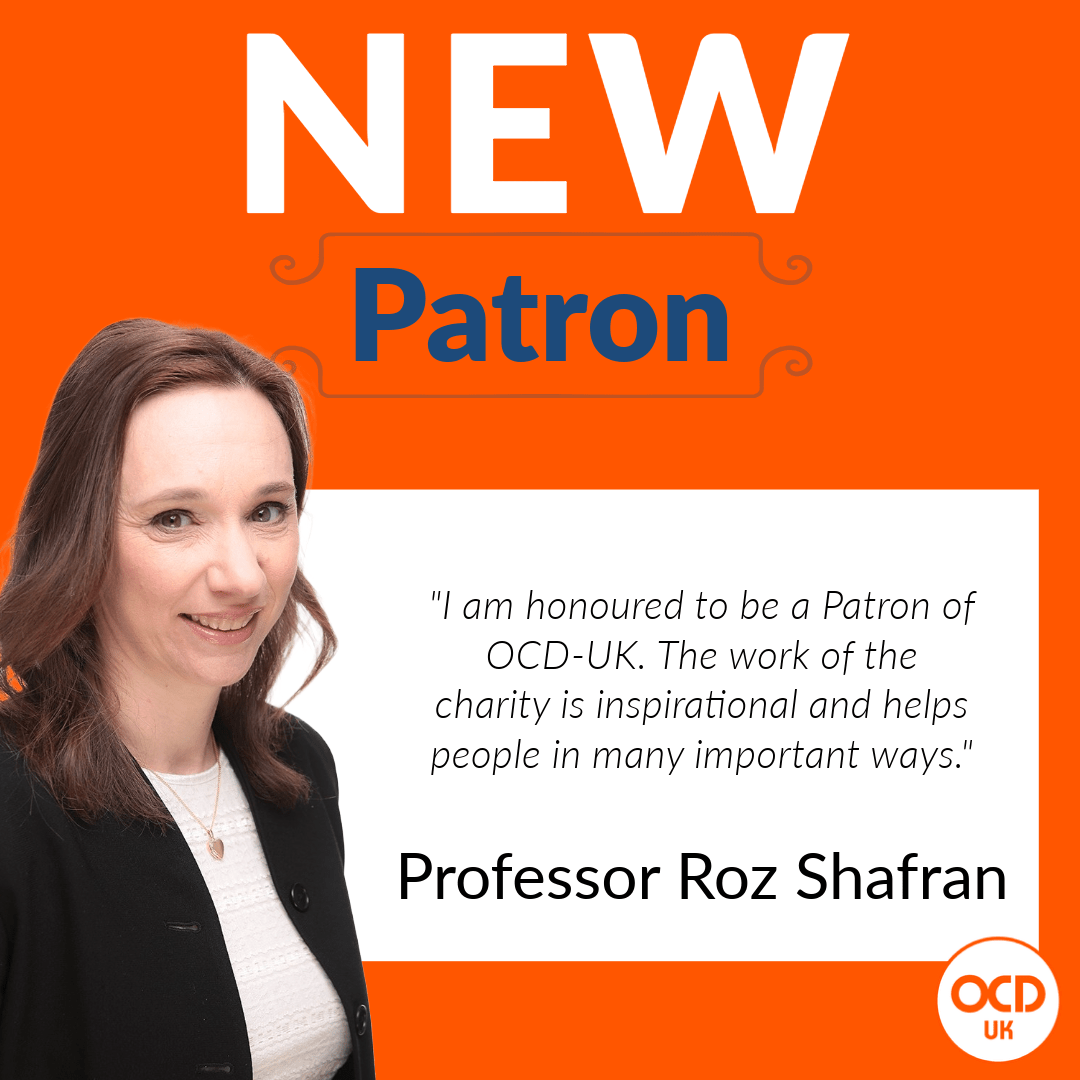Research into the treatment of OCD is ongoing and will constantly change how we view treatment approaches to OCD. Equally the way the NHS provides treatment is another process that is forever changing, which is why we will evolve and frequently revise our approach to remain up-to-date with research and treatment developments.
Underpinning the advice we offer is the charity’s ethos of positivity, to illuminate a path for sufferers that offers them an opportunity to work towards recovery, whatever recovery means for them.
The treatment found to be the most effective in successfully treating OCD is a form of talking therapy called Cognitive Behavioural Therapy (CBT), which includes Exposure and Response Prevention (ERP). We discuss CBT in more depth later in this section.
It’s important we recognise the equal importance of both the cognitive and behavioural aspects of treatment, which is why we don’t recommend the behavioural (ERP) as a treatment on its own (or the cognitive aspect on its own). Whilst behavioural (ERP) on its own may help, we believe it is far more likely to be successful when combined with the full package that CBT provides, enhancing treatment effectiveness and also reducing the likelihood of relapses.
Occasionally you may only be offered group CBT and sometimes that can be helpful for people, particularly for those in a group with the same type of OCD problems. However, for other people group therapy may not be appropriate, so you can ask to be referred for individual CBT if that is your preference, although wait times for individual therapy may be longer.
In many cases, CBT alone is highly effective in treating OCD, but for some people a combination of CBT and medication is also effective. This usually takes the form of antidepressants, which act in the Serotonin System, called SSRIs (Selective Serotonin Re-uptake Inhibitor).
Generally, medication is not recommended as a sole treatment method, although in practice your GP may offer drug treatment straight away because of long waiting lists for Cognitive Behavioural Therapy. If this happens, it is your choice whether to accept the medication, and if you do, ask your GP to discuss any possible side effects so you can make an informed choice.
CBT should always be the principal method of treatment. Medication can always be introduced alongside CBT to act as ‘water wings’, to ease the anxiety and make CBT that little bit easier to face. We do not know exactly why SSRIs can be helpful for people with OCD, but people feel they sometimes ‘take the edge off’ the anxiety caused by OCD.
If you do not feel particularly upset, depressed or suicidal and your GP is offering you medication, you should question why you have been offered medication, and discuss this with your GP.
Most GPs will listen to your personal wishes with regards to treatment options, but if your GP refuses to refer you for Cognitive Behavioural Therapy until you have taken medication then you should challenge this. In fact the NICE Guidelines for the treatment of OCD are clear, you should be offered a choice of CBT and/or medication. You may wish to contact OCD-UK for advice on this situation if a health professional refuses to listen to your personal choice.
 Alternatives – Hypnotherapy, NLP, Mindfulness, Tapping
Alternatives – Hypnotherapy, NLP, Mindfulness, Tapping
Some people with OCD do enquire about alternative therapies and dietary factors in tackling their OCD. Success of these methods is not clinically proven and our experience has shown that treatments like hypnotherapy, NLP, EFT and many other alternative therapies rarely have a long term impact on successfully treating OCD, as such OCD-UK do not recommend these approaches as OCD treatments at this time. We discuss alternative therapies more later in this section.
Get the basics right – eat well and sleep well
Looking after our general health is perhaps one of the key, but often overlooked, aspects that can certainly be beneficial to our overall mental health and well-being. Good physical health can have a positive impact on our mood, which in turn can play a significant part in helping reduce the anxiety caused by OCD; this includes eating a good healthy balanced diet, regular exercise and keeping regular sleep patterns. Many people with OCD have reported that running and physical exercise (even gardening) can really help improve their general feeling of well-being.
Take a look in the additional reading box below, we have added lots of helpful resources to help you better manage your exercise, diet and sleep.
Self-help
Of course many people with OCD decide to try and beat OCD themselves using resources such as self-help books, support groups and websites like this one. There are many self-help resources out there, but it is important that you are careful and do not assume everything you read on the internet is correct, many will have their own agendas. We discuss self-help resources later in this section.
Not treating OCD
What we know is that left unchecked and untreated OCD will mushroom and continue to grow. It is therefore important for people who think they have OCD to seek professional medical advice and support and seek access to treatment as soon as possible.
Before any kind of treatment for Obsessive-Compulsive Disorder can commence you should always consult your GP. Many GPs still have little or no knowledge of the wide range of symptoms of OCD, although thankfully this is now slowly changing. In order to make it easier for you, we have created a special GP Ice-Breaker printout which you can take with you and pass to your GP or the person doing your assessment which includes much of this information.
On the following pages in this section we have put some advice together for accessing OCD treatment, either through the NHS or privately.
What to read next:
























